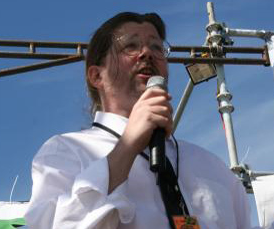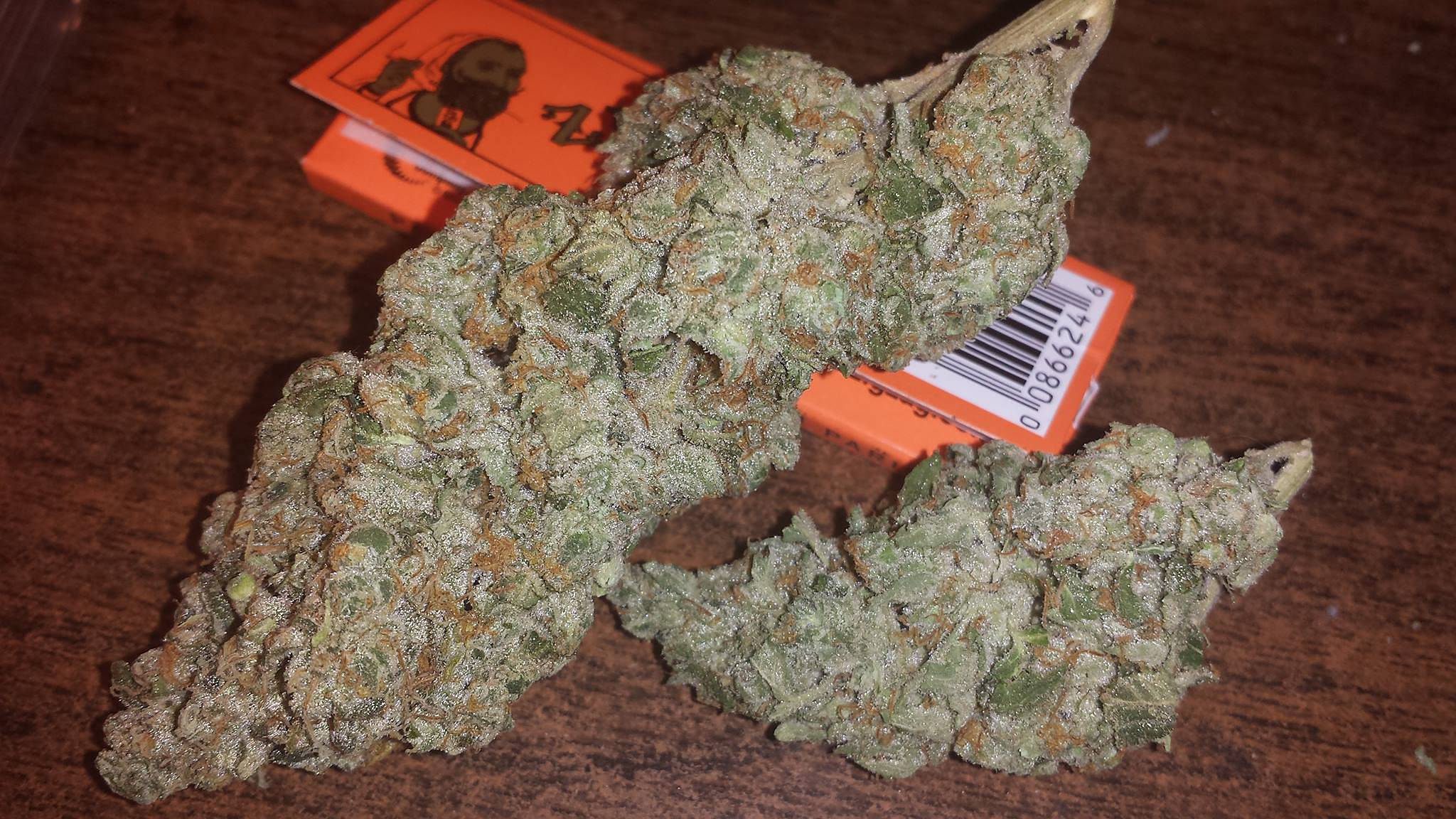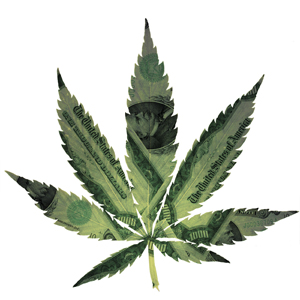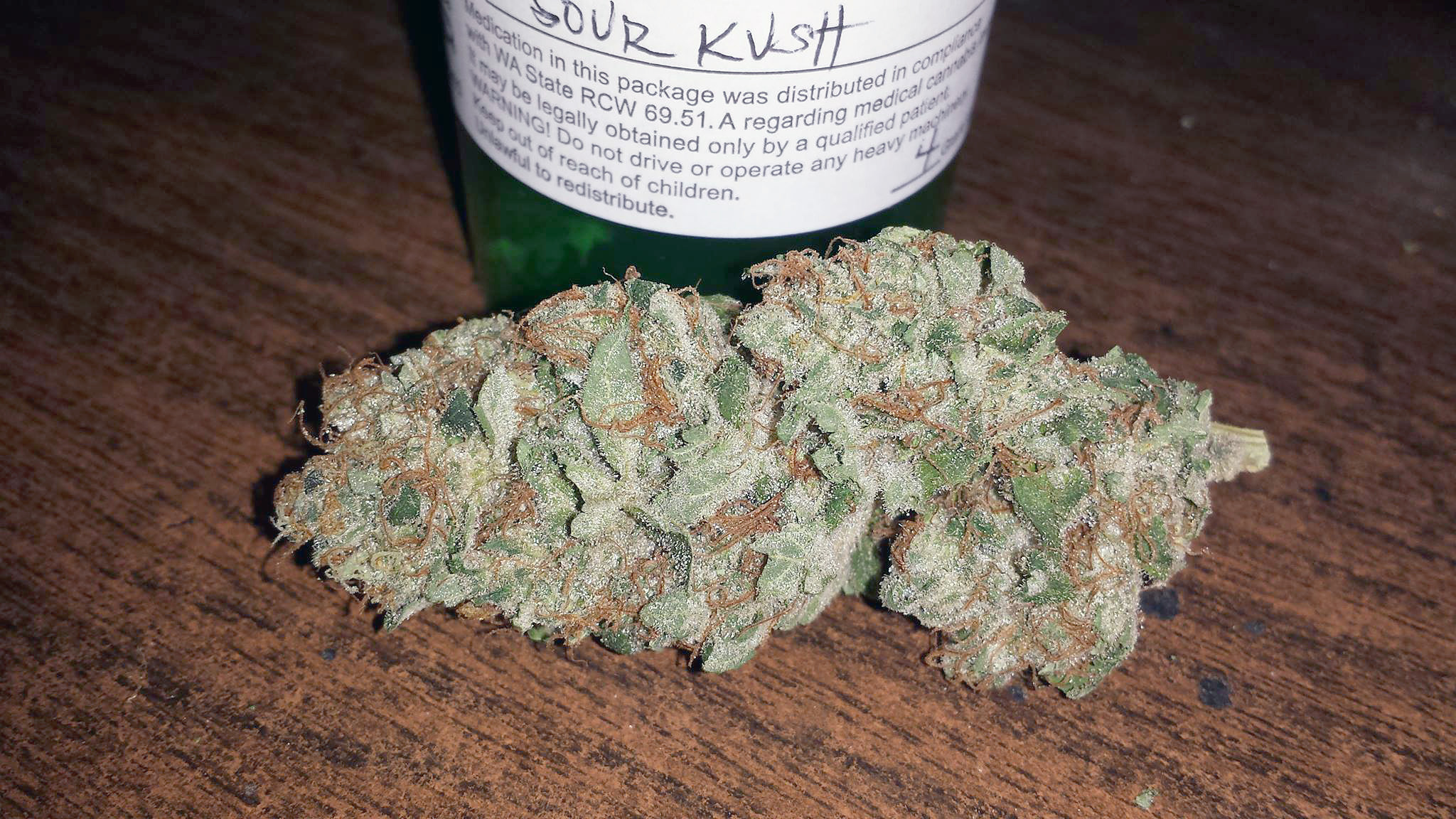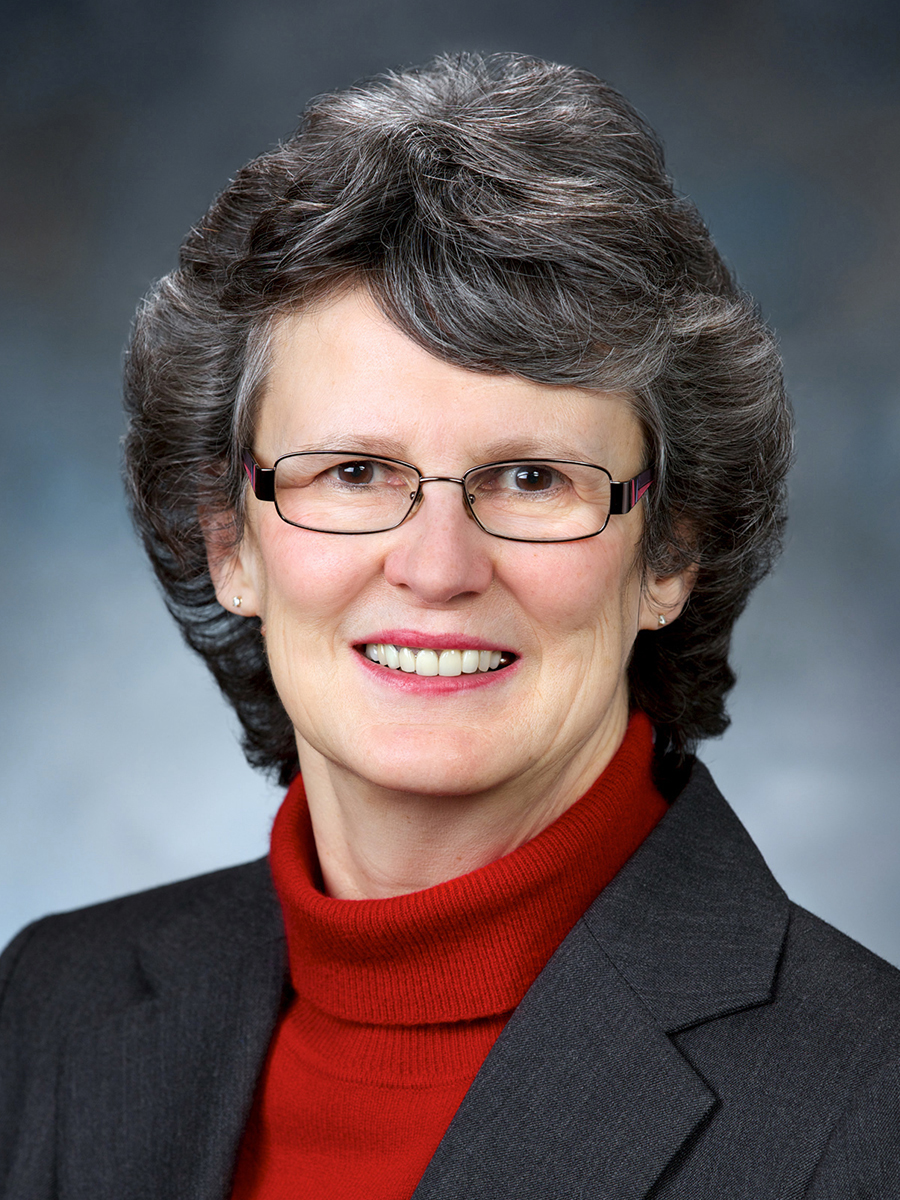The state last week reminded medical marijuana dispensary operators that they “must pay taxes,” and the Department of Revenue even plans to collect back taxes from about 300 collectives that seem not to have paid any. But Seattle-based activist and attorney Douglas Hiatt says he’s “hopping mad” about the announcement, and he’s advising shop owners to contact him before paying anything.
The DOR sent letters to dispensaries, medible makers, and other businesses involved in medical marijuana, emphasizing that taxes apply to their transactions. According to the department, about 500 registered dispensaries are already paying taxes on their earnings.
According to the state, dispensaries are supposed to pay a retail sales tax of 6.5 percent on any transaction. (Local jurisdictions are allowed to add additional sales tax on top of that.)
Companies are also required to pay a tax on gross receipts called the business-and-occupation (B&O) tax. Most businesses are required to pay 47 cents of B&O tax on each $100 of gross income, according to DOR spokeswoman Kim Schmanke.
Schmanke said some in the medical marijuana community are “confused” about their tax obligations. “That’s why it’s important to put out these letters directly to businesses,” she said.
Unlike prescription drugs, Schmanke said, medical marijuana is not exempt from retail sales tax. But attorney Hiatt strongly disputes that assertion, saying a medical marijuana authorization is the legal equivalent to a prescription.
Pressure on dispensaries to pay taxes is being ratcheted up as I-502, the recreational legalization measure approved by Washington voters last year, is being implemented. Marijuana that will eventually be sold in state-licensed stores—expected to open by June—will be taxed 25 percent at each level of the three-tiered process: cultivation, processing (curing), and retail. Sales taxes will then be added at the point of sale.
The Washington State Liquor Control Board, put in charge of recreational marijuana by I-502, had its authority extended to medical marijuana as well by the Legislature. The LCB has recommended that the system of patient collective gardens (dispensaries) be shut down, and that all medical marijuana patients be required to buy their cannabis at state-licensed marijuana stores, rather than dispensaries.
“They make it sound like a done deal, but we haven’t even lost that tax round yet,” Hiatt said Thursday afternoon. “We’re just starting to fight this round.”
Hiatt, along with attorney David Arganian, is mounting a legal challenge to the taxes. “Anybody that receives a tax notice can call us,” Hiatt said.
“There are a couple of good reasons why they can’t tax medical marijuana,” Hiatt said. “One of them has to do with the fact that, under traditional tax analysis, it’s technically an illegal transaction, and the second is the fact that we don’t tax medicine in this state.
“I’ve long been prepared to argue that an authorization is the functional equivalent of a prescription,” Hiatt said. “Additionally, they don’t have any authority from the Legislature to tax medical marijuana, and the general taxing authority they have is not good enough.”
Steve Elliott edits Toke Signals,
, an irreverent, independent blog of cannabis news, views, and information
tokesignals@seattleweekly.com
